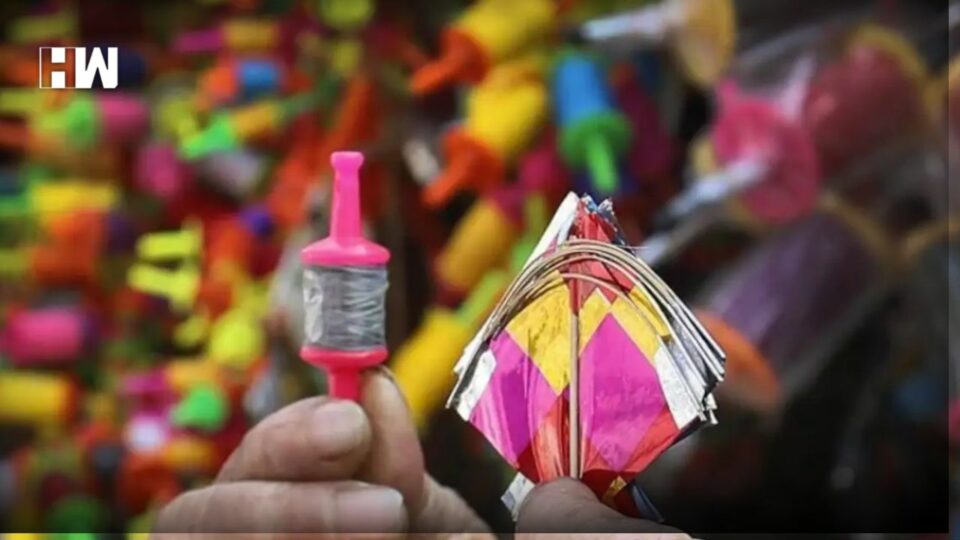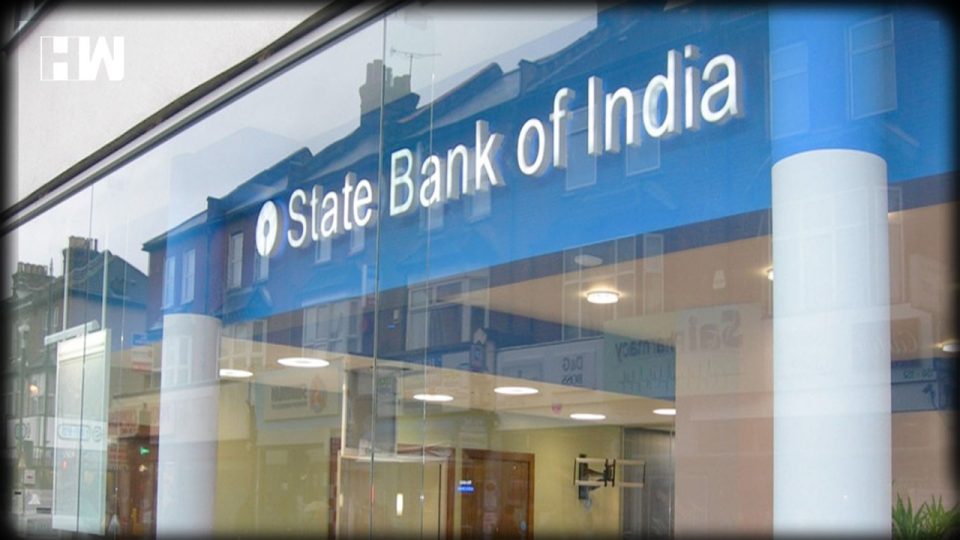Earlier, the Gehlot government had banned kite flying in the state in view of the incidents happening from manjha ahead of Makar Sankranti.
Udaipur: In view of Makar Sankranti and upcoming festivals in Udaipur the District Administration has imposed Section 144 in the city till January 31 and banned kite flying for four hours after being directed by the state government.
Additional District Collector (ADC) of the city Prabha Gautam said that this has been done with a view to preventing the loss of life of two-wheeler drivers and birds from metal mixed manjha used for kite flying on Makar Sankranti festival.
“District Collector and District Magistrate Tarachand Meena have invoked the provisions of Section 144 to ban the wholesale and retail sale and use of metal manjha within the district’s limits,” the ADC said.
Also Read:‘Impossible For BJP To Replicate 2019 Lok Sabha Win”: Shashi Tharoor
According to the order issued by the administration, there will be a ban on kite flying from 6 am to 8 am in the morning and from 5 pm to 7 pm in the evening.
Earlier, the Gehlot government had banned kite flying in the state in view of the incidents happening from manjha ahead of Makar Sankranti.
(Except for the headline, this story has not been edited by HW News staff and is published from a syndicated feed.)
As an independent media platform, we do not take advertisements from governments and corporate houses. It is you, our readers, who have supported us on our journey to do honest and unbiased journalism. Please contribute, so that we can continue to do the same in future.


